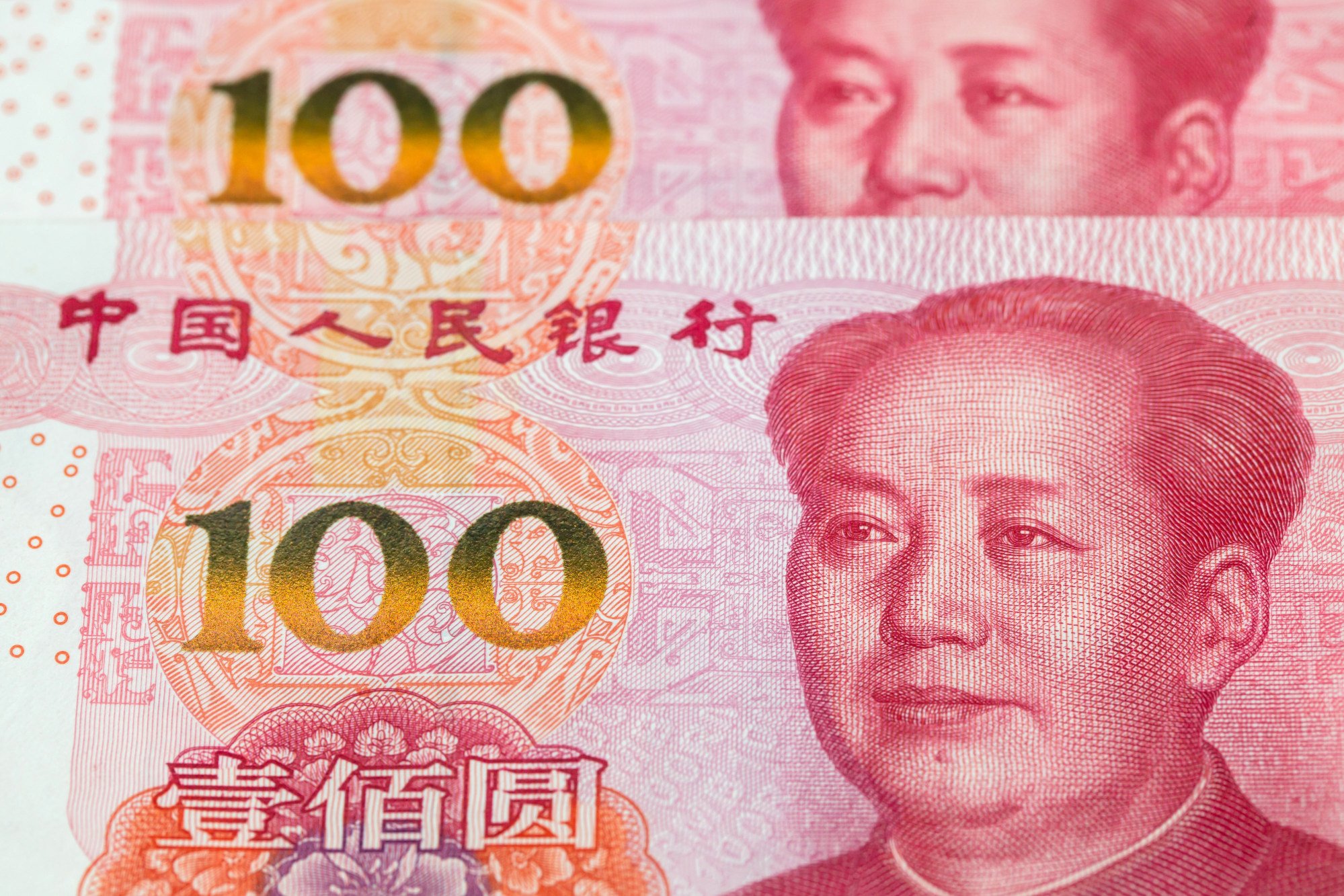
Regulators affirm Hong Kong’s role as China’s link to the world, underscoring city’s status as financial hub
- Regulators say Hong Kong’s role as a global financial centre will be further strengthened in the coming years
- Hong Kong will continue to serve its role as a leading fundraising hub for mainland firms, and help to further internationalise the yuan
Top financial regulators in Hong Kong and China on Thursday reaffirmed the city’s role as an international financial centre.
Various “connect schemes”, such as the Stock Connect and the Bond Connect, have bolstered the city’s role as a connector between mainland China and the world and this is likely to be further amplified going forward amid heightened tension between the US and China, they said.
The city also has a major role to play to internationalise the yuan. One way that Hong Kong could help Beijing to internationalise its currency is through the digital version of the yuan - e-yuan.
“The connect schemes are very important for global investors to participate in China’s capital market,” Shen Bing, a director-general of the international department of the China Securities Regulatory Commission, said during a virtual seminar organised by the People’s Bank of China and the Hong Kong Monetary Authority to discuss the city’s prospects as an international financial hub.
He stressed that Hong Kong plays an important role as a gateway to connect international capital and mainland firms.

The Stock Connect, which was established in 2014, has helped foreign investors access the onshore stock market through Hong Kong. Trading volume through the northbound link, which enables investors to buy and sell mainland stocks through the Hong Kong stock exchange, accounts for as much as 62 per cent of the city’s daily turnover.
Hong Kong is also the preferred offshore listing destination for mainland companies, with over 1,300 already listed here. The Hong Kong stock exchange has also been the world’s biggest IPO market for seven of the past 12 years, with Chinese companies primarily driving fundraising activity for many years.
The increasing number of US-listed companies seeking secondary listings in Hong Kong like e-commerce giants such as JD.com, Alibaba Group Holding, the owner of this newspaper - shows how Hong Kong will only gain from a potential worsening of US- China relations, said Ashley Alder, chief executive of the Securities and Futures Commission.
“If [these secondary listings] happen in size, the only indication is that global investors interested in China will focus their investments in places they can access,” said Alder. “That’s a combination of mainland China and Hong Kong via accesses that we have built over the years,” he added, referring to the stock and bond connect schemes.
Others, such as the head of the city’s bourse, said Hong Kong cannot be complacent and has to continuously adapt and evolve to meet the needs of the market.

Nicolas Aguzin, chief executive of bourse operator Hong Kong Stock Exchanges and Clearing (HKEX), said that with China’s capital market forecast to grow to US$100 trillion in size in 10 years’ time, there will be demand for a more comprehensive trading and hedging ecosystem.
This means that more derivatives and futures products will be needed by investors in Hong Kong, he added.
Aguzin also noted that as global investors’ focus was on a single currency – the US dollar – there was an element of risk, adding that the HKEX could play a role in helping to maintain “a balanced relationship between markets, and between currencies”.
“We are working on solutions to offer investors [ways] to invest in stocks in both the yuan, and the Hong Kong dollar,” Aguzin said.
As a lot of mainland investors are investing into stocks and bonds trading in Hong Kong through the various “connect schemes”, he said there was a need for the market to develop more investment products denominated in yuan to build a bigger offshore yuan liquidity pool in Hong Kong.

